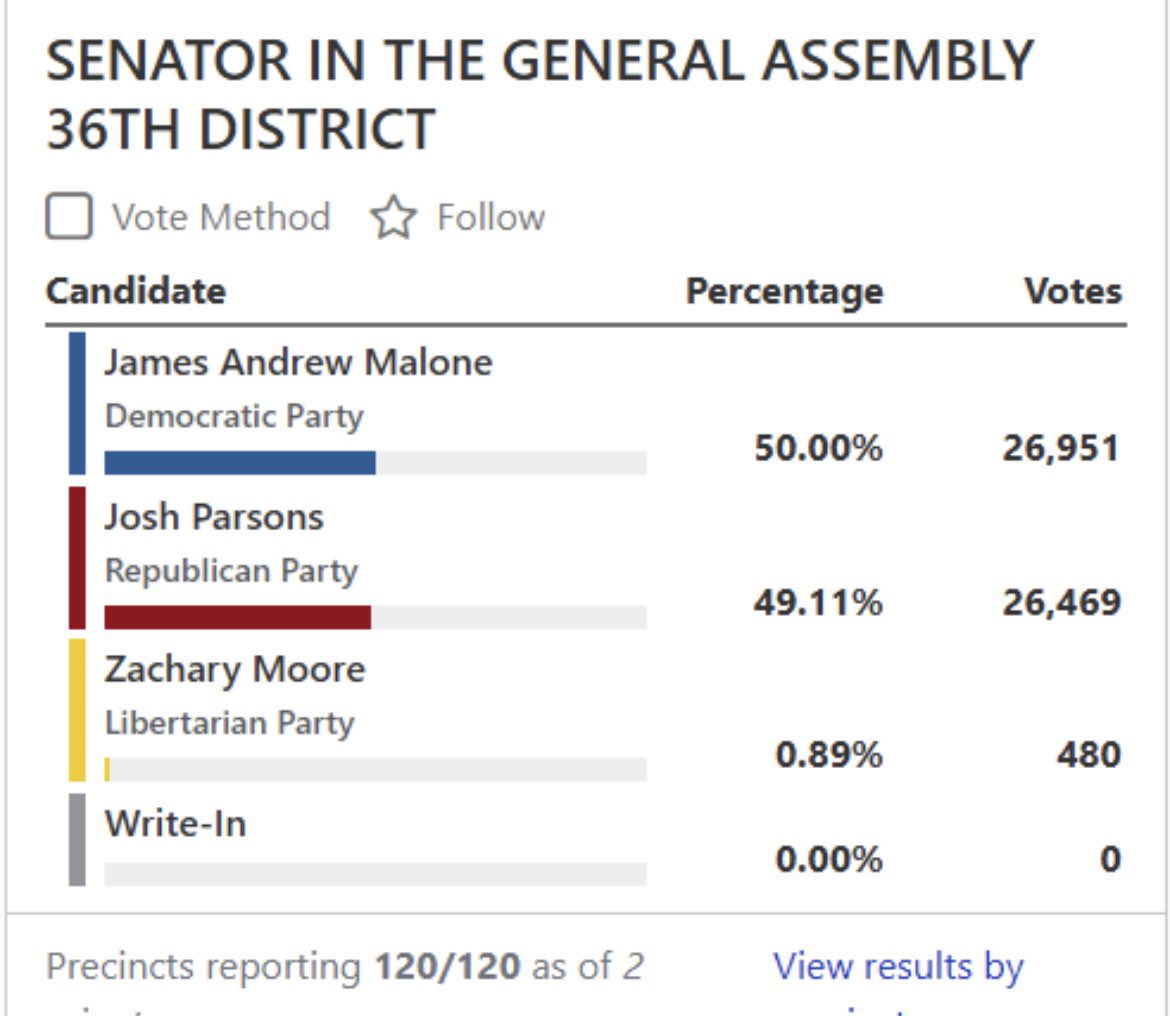🚨
If you’re continuously stunned by the behavior of gerrymandered GOP representatives in the world of Citizens United, don’t be.
Here’s how to think of them:
They are no longer public servants.
Improving public outcomes is not their goal. Nor do they do better in life…
1/
If you’re continuously stunned by the behavior of gerrymandered GOP representatives in the world of Citizens United, don’t be.
Here’s how to think of them:
They are no longer public servants.
Improving public outcomes is not their goal. Nor do they do better in life…
1/
…by serving the public interest.
In fact, if they serve the public interest, they will likely be primaried. And lose.
Think of them as the servants of certain private interests. See that they are in public office to use public power to benefit those private interests.
2/
In fact, if they serve the public interest, they will likely be primaried. And lose.
Think of them as the servants of certain private interests. See that they are in public office to use public power to benefit those private interests.
2/
That’s why public outcomes consistently fall in the places they control (such as gerrymandered red states like Ohio), while certain interests seem to always gain.
When those public outcomes fall, it doesn’t impact them at all.
Because they’re in districts they can’t lose.
3/
When those public outcomes fall, it doesn’t impact them at all.
Because they’re in districts they can’t lose.
3/
But when those private interests are happy, these private servants stay in power…and advance.
That’s basically the career path of people like Jon Husted. (Now Ohio’s Senator). Disastrous public outcomes but pleased and enriched private interests.
We lose. He advances.
4/
That’s basically the career path of people like Jon Husted. (Now Ohio’s Senator). Disastrous public outcomes but pleased and enriched private interests.
We lose. He advances.
4/
To call what they’re doing “policy” isn’t the right word. (Sometimes they call it “policy” to pretend they’re public servants)
It’s just a giveaway: public power and public assets enriching private interests.
Once you see that that’s their role, everything flows from there.
5/
It’s just a giveaway: public power and public assets enriching private interests.
Once you see that that’s their role, everything flows from there.
5/
Stay angry at it. But no longer be stunned or surprised at their behavior.
They are there to hand over public power to private interests.
That is what they will do.
And they will be rewarded for doing so, and punished for serving public outcomes.
Once you see that.
6/
They are there to hand over public power to private interests.
That is what they will do.
And they will be rewarded for doing so, and punished for serving public outcomes.
Once you see that.
6/
…their behavior is 100% predictable.
• • •
Missing some Tweet in this thread? You can try to
force a refresh











